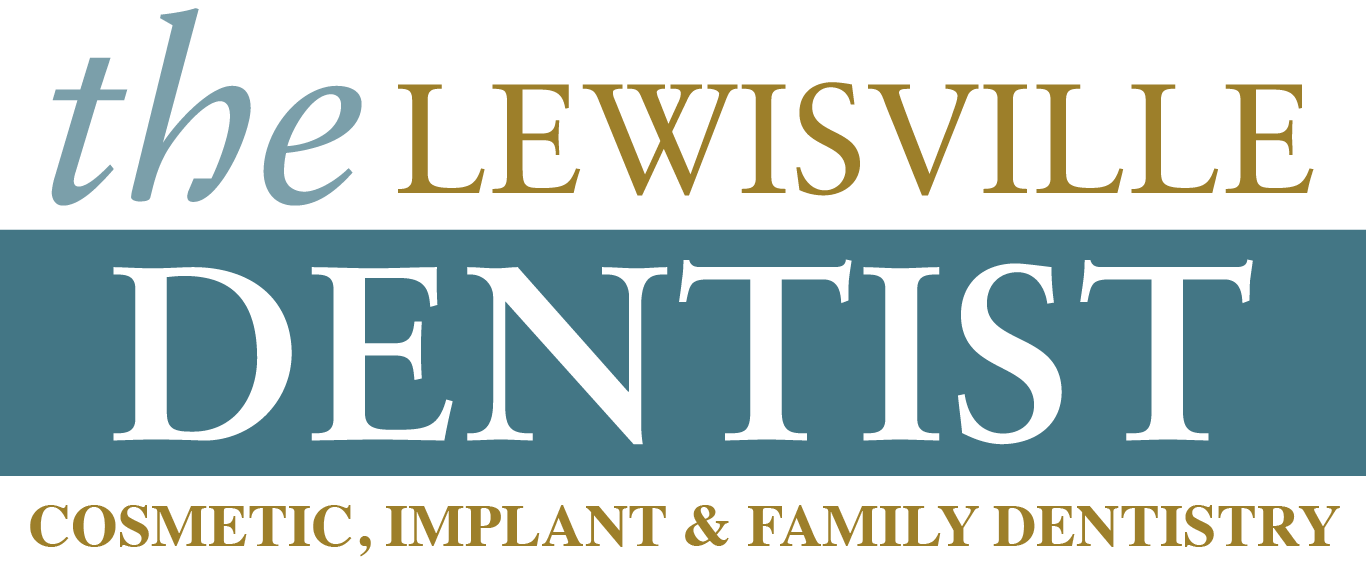
Today at the Lewisville Dentist, we’d like to address a topic that is crucial for all dental patients to understand: emergency dentistry. Dental emergencies can be stressful and painful, but knowing what to do and where to go can make a significant difference in the outcome.
What is Emergency Dentistry?
Emergency dentistry involves immediate care for dental issues that require prompt attention to alleviate severe pain, stop bleeding, or save a tooth. Common dental emergencies include:
- Severe toothaches
- Knocked-out teeth
- Chipped or broken teeth
- Lost fillings or crowns
- Abscesses or infections
- Bleeding or injury to the gums
What to Do in a Dental Emergency
- Stay Calm: Panicking can make the situation worse. Take a deep breath and assess the problem.
- Contact Us Immediately: Call our office right away. Describe your symptoms clearly so we can provide the best advice and prepare for your arrival.
- Handle the Tooth Properly:
- Knocked-Out Tooth: Handle it by the crown (the part you chew with), not the root. Rinse it gently without scrubbing, and try to place it back in the socket. If that’s not possible, keep it in a container of milk or saline solution.
- Broken Tooth: Rinse your mouth with warm water and apply a cold compress to the outside of your face to reduce swelling.
- Control Bleeding: Use a clean cloth or gauze to apply gentle pressure to any bleeding areas. If the bleeding doesn’t stop, seek immediate medical attention.
- Pain Management: Over-the-counter pain relievers can help manage pain, but avoid aspirin as it can increase bleeding. Applying a cold compress can also reduce pain and swelling.
Common Dental Emergencies and How We Can Help
- Severe Toothache: A severe toothache might indicate an infection or abscess. We can diagnose the issue and provide treatment, such as a root canal, to relieve your pain and save your tooth.
- Knocked-Out Tooth: Time is critical. If you get to us within an hour, we have the best chance of saving your tooth. We’ll clean the tooth and socket and re-implant it if possible.
- Chipped or Broken Tooth: Depending on the severity, we can repair your tooth with bonding, a crown, or a veneer to restore its appearance and function.
- Lost Filling or Crown: A lost filling or crown can leave your tooth vulnerable. We can replace the filling or re-cement the crown to protect your tooth from further damage.
- Abscesses and Infections: Dental infections can be serious and spread to other parts of the body if not treated promptly. We’ll provide the necessary treatment, which may include draining the abscess, antibiotics, or a root canal.
Preventing Dental Emergencies
While accidents happen, many dental emergencies can be prevented with good oral hygiene and regular check-ups. Here are some tips to help you avoid emergencies:
- Brush and floss daily to maintain healthy teeth and gums.
- Visit our office for regular cleanings and exams.
- Wear a mouthguard when participating in sports or high-risk activities.
- Avoid chewing hard objects like ice, popcorn kernels, or pens.
Conclusion
Dental emergencies can be frightening, but knowing what to do can make all the difference. At our office, we are equipped and ready to handle any dental emergency with prompt, professional care. If you ever find yourself in a dental emergency, don’t hesitate to contact the Lewisville Dentist immediately. Your dental health and comfort are our top priorities. Stay safe and keep smiling! For more dental tips and information, follow our blog and visit our website regularly.
Contact The Lewisville Dentist for more treatment information:
469-708-4713
Location (Tap to open in Google Maps):
297 W FM 3040 Ste 127
Lewisville, Texas
75067

